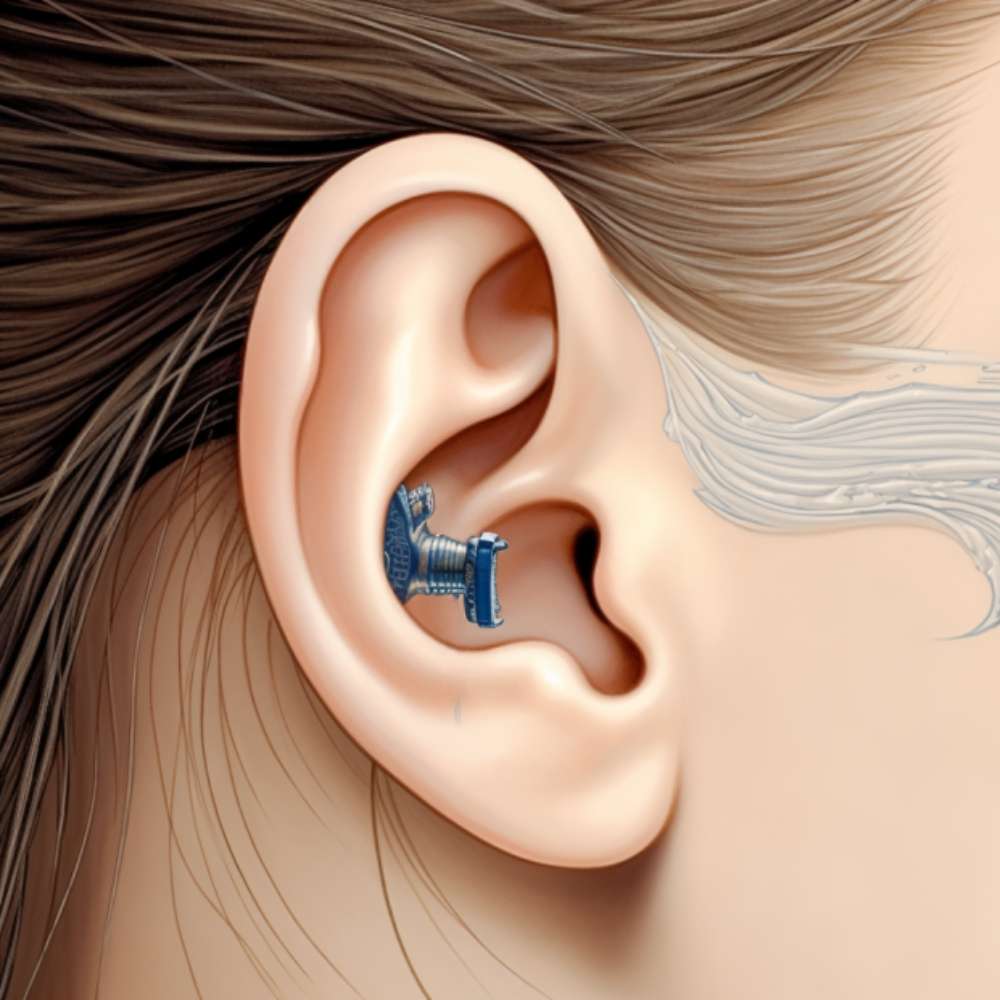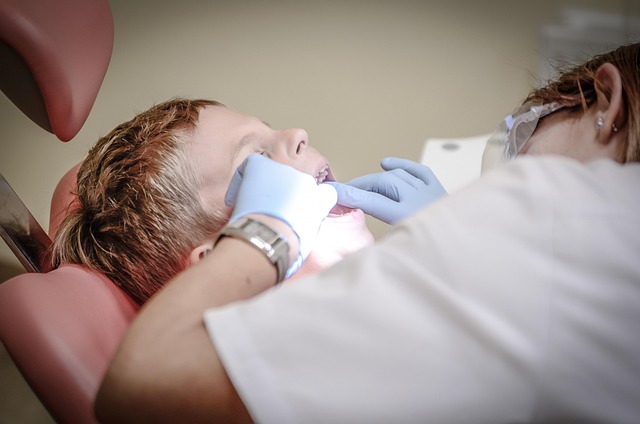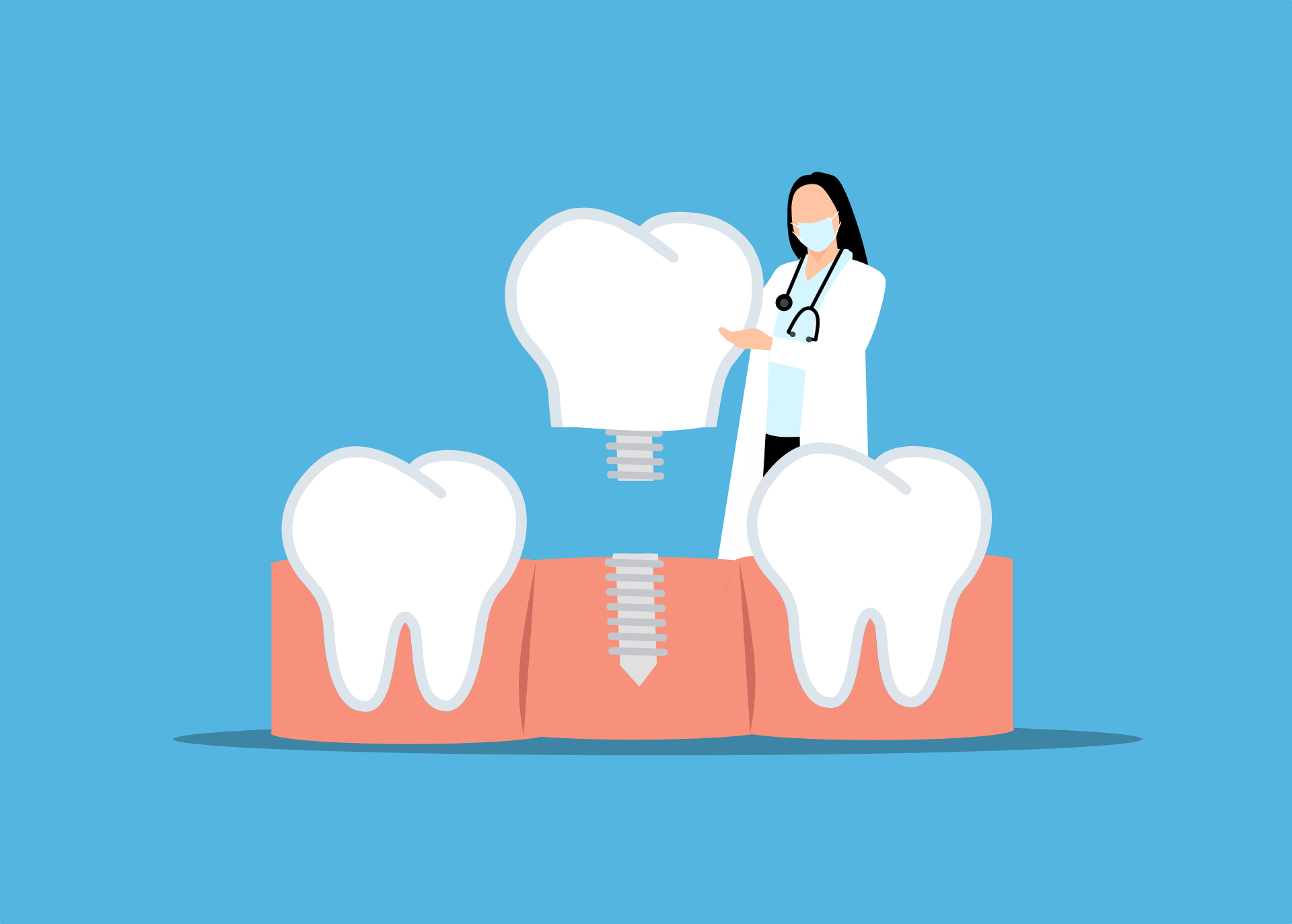What Are the Early Signs of Tinnitus That Often Go Unnoticed?
Tinnitus affects millions of people worldwide, yet its initial symptoms are frequently overlooked or dismissed. These early warning signs can manifest subtly before developing into more persistent issues. Recognizing these indicators early can lead to timely intervention and potentially better management outcomes for those experiencing the condition.

Tinnitus—the perception of noise or ringing in the ears when no external sound is present—affects approximately 15-20% of people worldwide. While many associate tinnitus with obvious ringing sounds, its early manifestations can be far more subtle and easily dismissed. Identifying these early warning signs is crucial for timely intervention and effective management of the condition. Understanding what to look for can make a significant difference in how tinnitus impacts daily life and overall well-being.
Common Symptoms Associated With Tinnitus Beyond Ringing
While the classic symptom of tinnitus is ringing in the ears, early manifestations can take various forms that people might not immediately recognize as tinnitus. Some individuals report hearing buzzing, hissing, clicking, or even musical sounds. These auditory perceptions may initially be intermittent and brief, occurring only in specific environments or at particular times of day—typically in quiet settings or before sleep.
Another subtle sign is difficulty concentrating, especially in quiet environments. Many people don’t connect their inability to focus with potential tinnitus, attributing it instead to stress or fatigue. Similarly, increased sensitivity to everyday sounds (hyperacusis) can be an early indicator that often precedes more noticeable tinnitus symptoms. This heightened sensitivity might manifest as discomfort when exposed to sounds that others find perfectly tolerable.
Understanding The Connection Between Hearing Loss And Tinnitus
One of the most frequently overlooked early warning signs of tinnitus is subtle hearing loss. Many people experience minor difficulties hearing in crowded environments or miss parts of conversations before they notice any ringing or buzzing sensations. This connection exists because both conditions often stem from damage to the tiny hair cells in the inner ear that translate sound vibrations into electrical signals for the brain.
Interestingly, the brain’s response to this hearing loss can actually generate tinnitus symptoms. When auditory input decreases due to hearing damage, the brain sometimes compensates by “turning up the volume” on its internal processing, which can manifest as phantom sounds. This neurological adaptation explains why many people with age-related hearing loss eventually develop tinnitus. Regular hearing assessments, especially after age 50 or following exposure to loud noise, can help identify potential issues before tinnitus becomes pronounced.
Expert Insights On Early Diagnosis Of Tinnitus
Audiologists and otolaryngologists emphasize that early identification of tinnitus can significantly impact treatment outcomes. Medical professionals look for several subtle indicators during evaluations, including changes in sound tolerance, reports of intermittent phantom sounds, and unexplained sleep disturbances. They also assess risk factors such as occupational noise exposure, medication history, and cardiovascular health.
Diagnostic tools have evolved substantially in recent years, allowing for more precise evaluation of tinnitus characteristics. Tests like tinnitus pitch matching, loudness matching, and minimum masking levels help quantify the condition even in its early stages. Audiologists also use specialized questionnaires to assess how symptoms might be affecting quality of life, even when patients themselves may not fully recognize the impact. These comprehensive evaluations can detect tinnitus patterns before they become persistent or debilitating.
Lifestyle Changes That May Alleviate Tinnitus Symptoms
Recognizing early tinnitus signs provides an opportunity to implement lifestyle modifications that may prevent progression or reduce symptom severity. Managing stress through mindfulness techniques, yoga, or regular exercise can significantly impact tinnitus perception, as stress often exacerbates symptoms. Many people report improvements when they maintain consistent sleep schedules and create optimal sleeping environments with minimal noise disruptions.
Dietary adjustments can also influence tinnitus experiences. Some individuals find that reducing caffeine, alcohol, and sodium intake helps minimize symptom intensity. Additionally, maintaining cardiovascular health through regular exercise and a balanced diet supports proper blood flow to the delicate structures of the inner ear. Incorporating sound therapy—such as white noise machines or nature sounds—can provide relief by making tinnitus less noticeable, especially during early stages when the brain is still adapting to these phantom sounds.
When To Seek Professional Help For Tinnitus
While occasional, brief episodes of ear ringing might not warrant immediate medical attention, certain warning signs indicate the need for professional evaluation. Persistent tinnitus lasting more than a week, tinnitus accompanied by dizziness or balance issues, or tinnitus that occurs suddenly after exposure to loud noise should prompt a medical consultation. Similarly, tinnitus that appears alongside unexplained hearing changes or follows head trauma requires prompt assessment.
Pulsatile tinnitus—where the sound seems to beat in rhythm with your heartbeat—warrants particular attention as it can sometimes indicate vascular issues requiring treatment. Unilateral tinnitus (affecting only one ear) should also be evaluated promptly. Healthcare providers can determine whether the symptoms stem from treatable causes such as earwax blockage, medication side effects, or underlying health conditions that might not be immediately obvious to the individual experiencing the symptoms.
This article is for informational purposes only and should not be considered medical advice. Please consult a qualified healthcare professional for personalized guidance and treatment.




